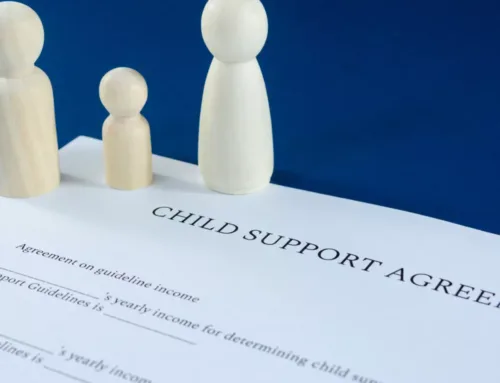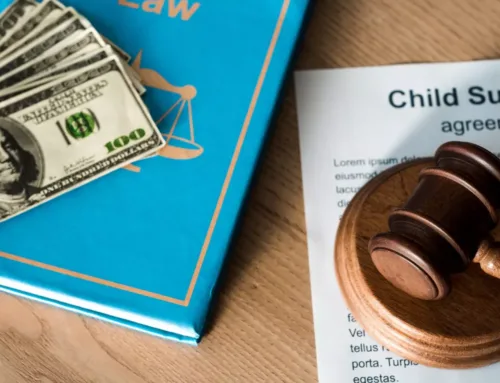A huge question for couples after a divorce usually centers on which parent will have primary custody of the child. Then there is question of what the visitation rights for the other parent will look like. These types of decisions can be some of the most challenging facets to deal with during a separation.
Many parents often do not want to place their kids amidst a custody battle. However, they may want to understand whether their children have a voice in the custody discussion in Connecticut.
Under what circumstances will a Judge Consider a Child’s Preference?
The State of Connecticut does not have a specific age at which a court must consider a child’s preference. However, a judge will usually consider the opinion of minors that are aged 13 years or above and disregard the preferences of children who are five years old or younger. Now when a child is between the ages of five and 13 years, the court will determine whether the opinions of the child are relevant to the custody determination on an individual case basis.At this time the court will hear a child’s preference, and then try to understand whether the child is making a judicious choice about the parent they want to reside with rather than just an impulsive decision based on immediate choices or actions.
For example, a judge is not likely to see a child’s preference as relevant if it is based on temporary anger against one parent or the child’s child-like proclivities. But if the child’s choices are based on a genuine reason, such as a close relationship with one parent or a better school opportunity, then the courts are more inclined to consider it.
Once a judge has determined that the child’s preference is relevant to the custody determination, then they will decide how much weight the preference warrants in comparison to other custody factors. The child’s reasoning for their preference and their maturity level can impact how much importance the court assigns to their opinion. If a judge determines that the preference is not in the best interests of the child, they can disregard the opinion.
Is it Necessary for Children to Testify about their Custody Preferences in Court?
The legal system in Connecticut is very sensitive to the challenges a child might face when they are called to testify in court. In general, a child will not need to testify on the witness stand in front of a judge. Usually a judge, after seeking the permission from the parent’s permission, will speak to the child in chambers, away from the presence of the parents.
If there is a case where the parents do not choose to allow an interview, the judge may gauge the child’s preference through a psychiatrist, a family-relations counselor, or a psychologist who can talk to the child and is able to provide the court with a report. A judge may also hear limited remarks of other witnesses who have interacted with the child. However, this testimony will not be given as much importance as the child’s direct statements. Now if the parents agree to an in-chambers interview, then they may have their lawyers observe. To ensure that the child is not overly stressed, the judge, and not the lawyers, will typically ask questions. However, the attorneys can recommend topics or issues that should be addressed by the judge.
In case a lawyer is representing the child, then they will be present. If the children do not have attorneys, then a domestic relations officer might be present during the interview to represent the interests of the child.
Finally, a court reporter will typically record the interview. In the absence of a court reporter, the judge must make their own records by restating the interview content and allowing others present to add their observations.
Courts are also vigilant and watch for any indication that the child has been coached by one parent to testify in their favor or against the other parent. If a parent attempts to steer the child’s testimony in any direction, it can go against them in the judge’s custodial determination.
An Out-of-Court Child Custody Agreement in Your Child’s Interest
Instead of putting an innocent child in the middle of a legal battle, trying to arrive at an out-of-court arrangement is almost always the better option. Here are the advantages to custody arrangement that is made out-of-court are:
Less acrimony: it can be a very emotional, challenging, and contentious process to go to court for anyone, more so a child.
Less Time: If the divorce is about to be finalized, then working with the other parent to arrive at an out-of-court custodial arrangement can make the process faster.
More Amicable Parenting Plan: No parent wants to be told how much time they are allowed to be with their child by a judge. If you and your spouse are able to cooperate and make a decision on this, then you will likely be able create a parenting plan that both parties are comfortable with.
Speak to an Experienced Family Law Attorney Today
If you can not agree on custody, visitation, support, or any other family matters contact the Law Offices of Keith Anthony at (860) 333-6455. Attorney Keith Anthony can help you navigate thru this process, step by step and is open to assist you. If negotiations fail we can arrange mediation of your disputes. We can help you make agreements that can be filed with the court.




